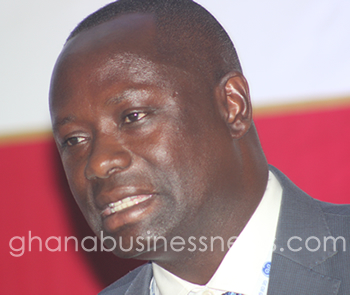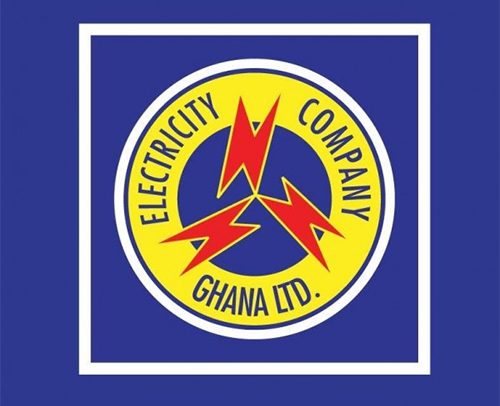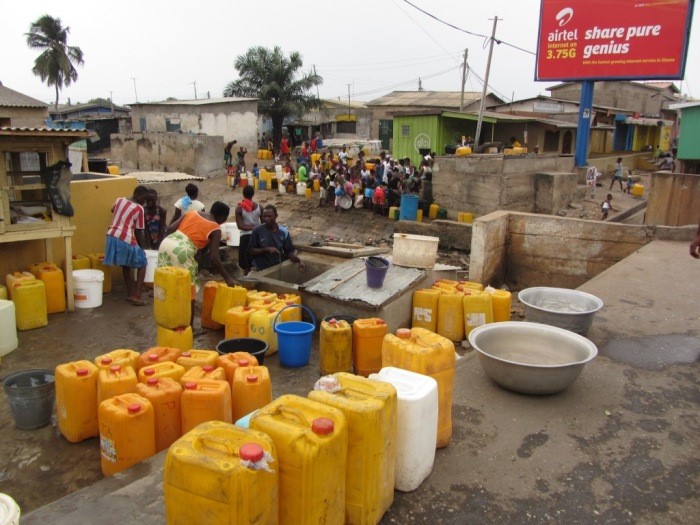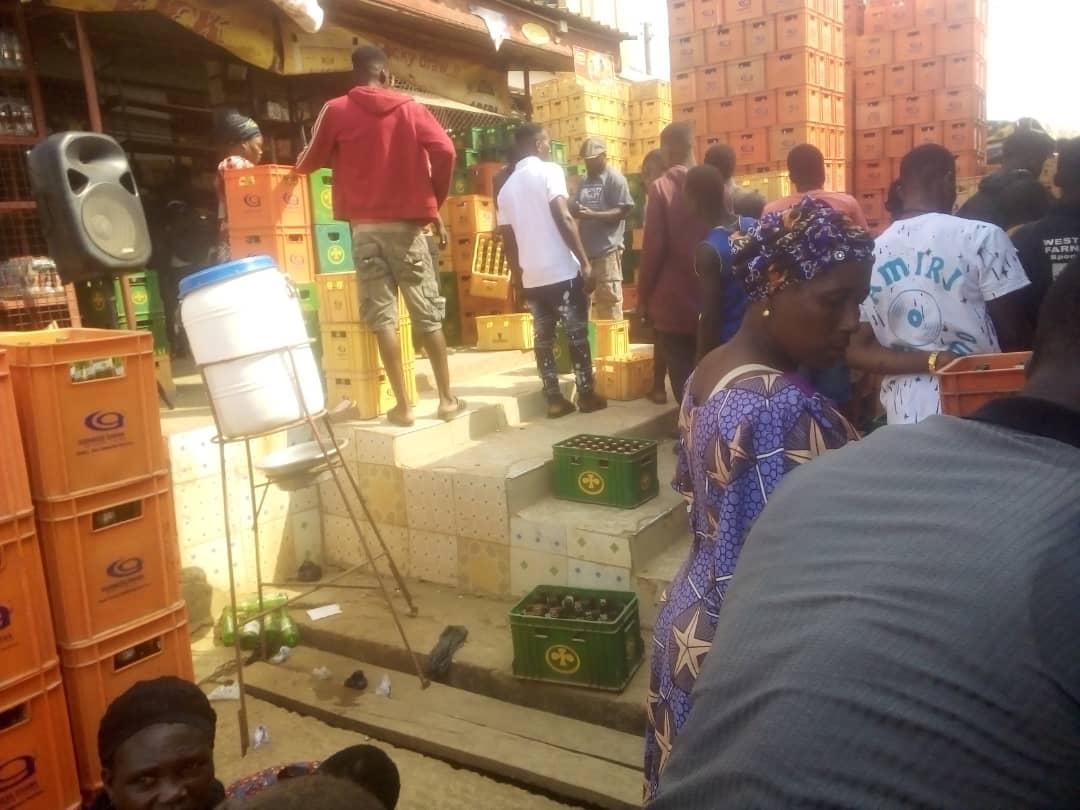
… as Sunon Asogli demands US$60m of US$259m to fire-up plant
Businesses and households should brace themselves for a potential new wave of extended intermittent power outages, as one of the country’s largest electricity producers – Sunon Asogli – has suspended operations, the Institute for Energy Studies (IES) has warned.
“In case you are experiencing a ‘low-key dumsor’, be prepared to see an extended version of same due to government’s reluctance to act decisively on the root cause,” IES stated in its latest sector analysis.
The warning comes as Sunon Asogli Power Plant, which generates about 12-15 percent of the nation’s electricity through its 560-megawatt facility, shut down operations two weeks ago over unpaid debts tottaling US$259million. The plant’s absence from the national grid is already being felt across the country.
According to IES, despite urgent calls from Ghana Grid Company Limited (GRIDCo) to restore operations and alleviate growing pressure on the national grid, Sunon Asogli has “remained steadfast, pointing at its lack of operational funds”.
The power producer is demanding an immediate payment of at least US$60million to address its operational debts and resume production.
This standoff highlights what IES describes as “longstanding issues in Ghana’s power sector – the inability of utility companies and government to meet payment obligations”.
The situation threatens to destabilise the nation’s fragile power balance. “The sudden removal of 560MW from the system has created a vacuum that other power producers are unlikely to fill promptly, given the constraints of limited generation and ongoing financial stress in the sector,” IES noted in its report.
The institute warns that even if alternative power sources are found, their generation costs could be higher – which might lead to increased tariffs for end-users, adding further strain on citizens and the business community.
The crisis reflects deeper structural problems within Ghana’s energy sector, IES pointed out.
“Power producers in Ghana often face delayed payments due to complex debt cycles, poor revenue collection and cash flow issues within the sector,” IES explained.
These challenges are compounded by high fuel prices, currency depreciation and rising operational costs.
The economic implications could be severe. According to IES: “If ‘dumsor’ returns, Ghana’s economy may face significant setbacks; especially as power shortages disrupt productivity, increase operational costs and dissuade investment”.
The institute particularly highlighted risks to healthcare facilities, educational institutions and small & medium enterprises, which all rely heavily on consistent power supply.
The current crisis echoes Ghana’s previous struggles with power stability. In recent years, the country had made progress in balancing supply with demand to avoid protracted outages that characterised the infamous ‘dumsor’ era. However, IES warns that the current situation with Sunon Asogli threatens this stability.
Without immediate intervention, the power sector’s systemic debt issues risk becoming “a near-permanent feature”, the institute cautioned. The situation requires both immediate solutions to restore power generation and comprehensive reforms to address the sector’s underlying financial challenges.
This comes as the nation has signed a US$260million financial package with the World Bank to address critical challenges in its energy sector.
The agreement, comprising US$250million credit and a US$10million grant, comes ahead of the December general elections – which have seen power crises politicised over the last two decades.
The post Extended power outages looming – IES appeared first on The Business & Financial Times.
Read Full Story




















Facebook
Twitter
Pinterest
Instagram
Google+
YouTube
LinkedIn
RSS